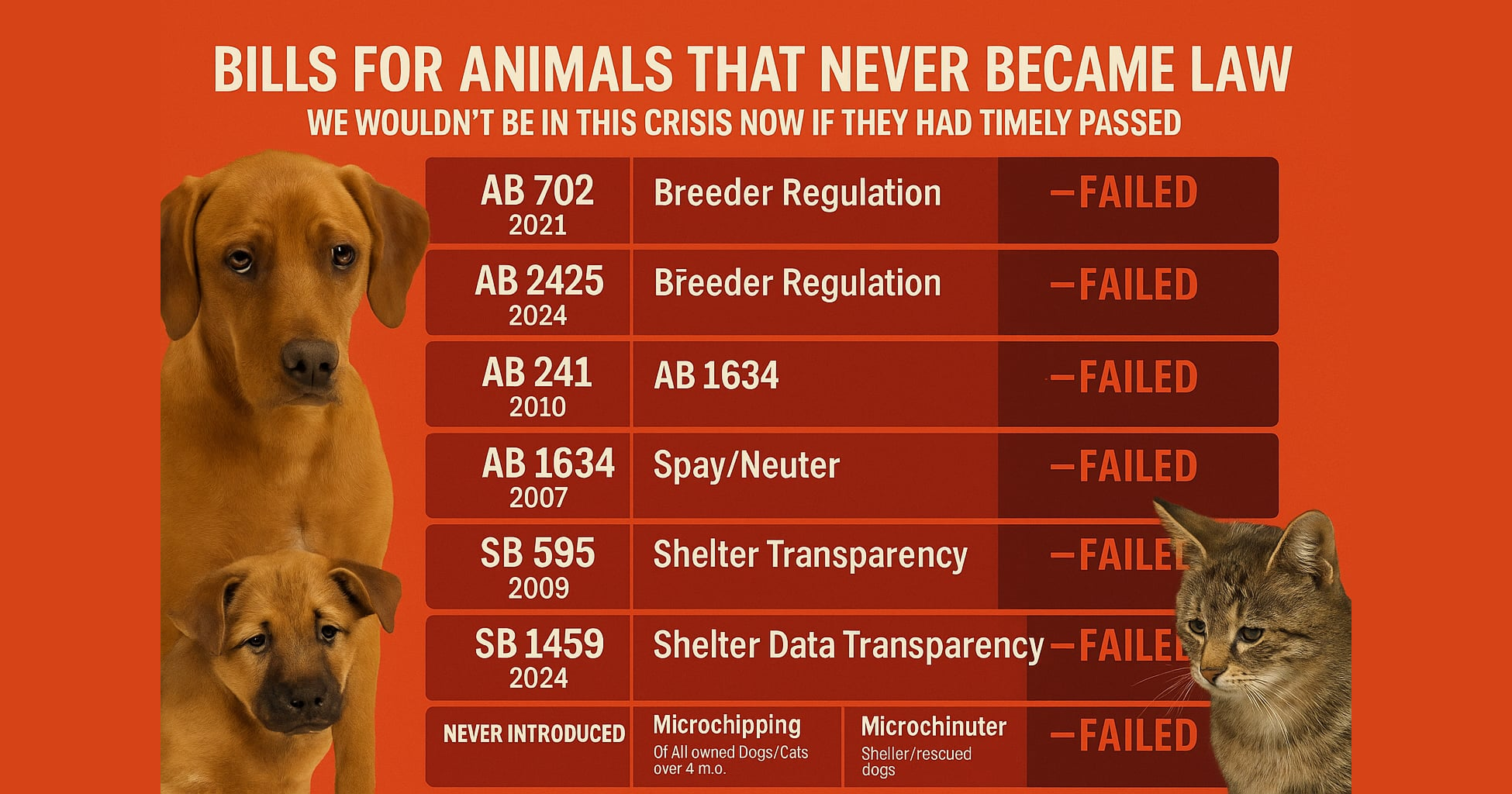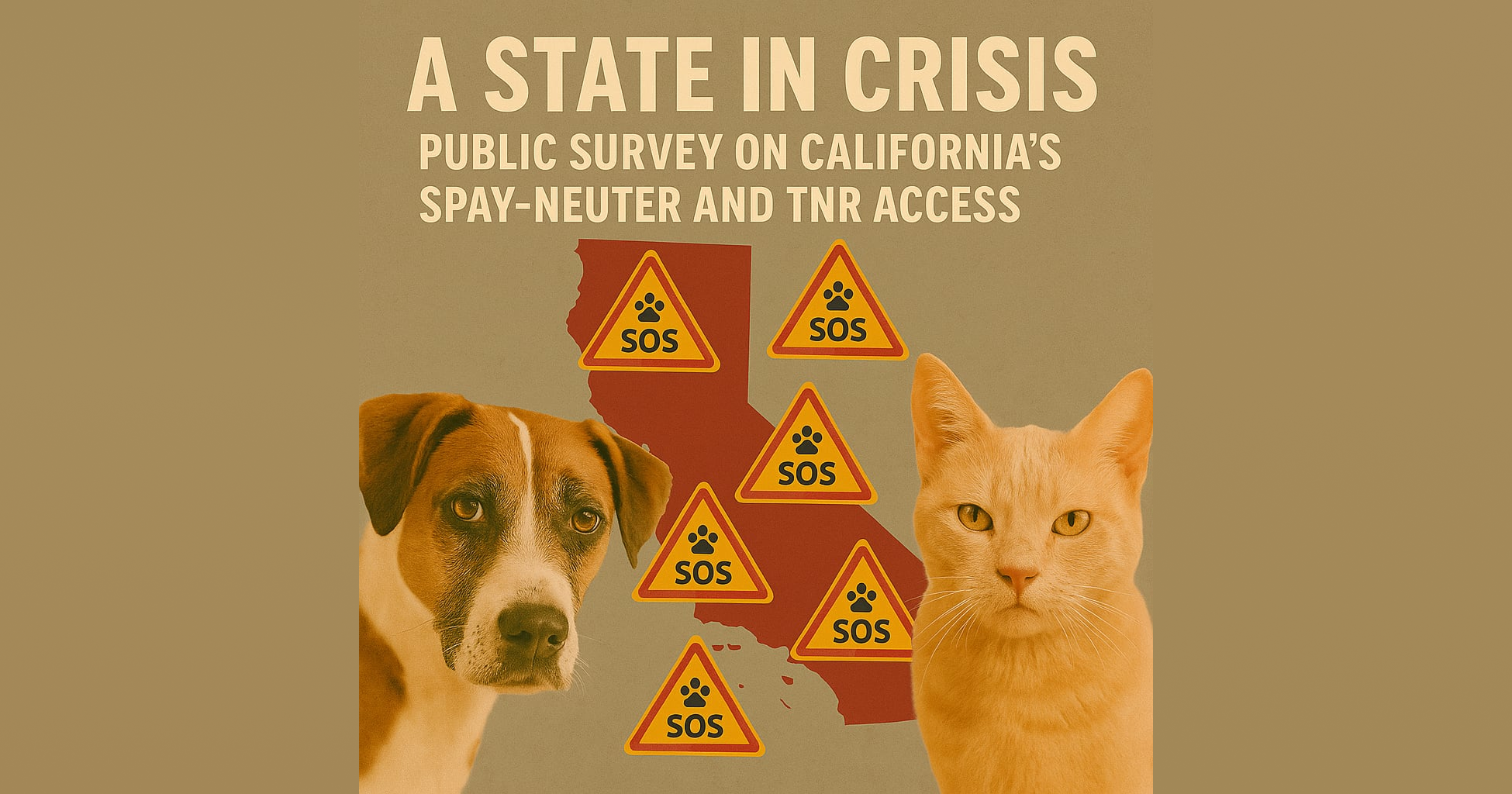The suspense file hearing in the California Legislature, happening twice a year, determines the fate of numerous bills without public debate, leaving many bill authors and interested parties frustrated. Bills that exceed a certain cost threshold are sent to appropriations committees after passing policy committees. At the suspense hearing, these bills are either advanced for further debate or shelved, with decisions made behind closed doors by key legislative figures.
Understanding Suspense: The suspense file hearing is a pivotal event in the legislative calendar, occurring twice annually, where the fate of numerous bills is determined without public debate. Bills exceeding a certain cost threshold are referred to appropriations committees after passing policy committees, where they await further evaluation. The suspense process serves as a crucial checkpoint in the legislative pipeline, temporarily halting bills until decisions are made en masse during the hearing.
Potential Outcomes for Bills: At the suspense hearing, bills face various potential outcomes. Those receiving unanimous support (“A roll call”) from both Democrats and Republicans on the appropriations committee proceed for further consideration. Bills supported solely by the majority party (“B roll call”) also advance, albeit with less bipartisan consensus. Conversely, bills held back in committee are effectively shelved for the year, while some may be designated as “two-year bills,” providing them with another chance for consideration in the following year. Additionally, appropriations committees retain the authority to amend bills before advancing them, a process separate from budgetary considerations.
Rationale Behind the Process: The suspense mechanism serves multiple purposes within the legislative framework. Firstly, it allows for a comprehensive review of bills against budgetary constraints and legislative priorities, enabling lawmakers to assess the potential impact of proposed legislation on state finances. As former chair of the Assembly Appropriations Committee Member Mike Gatto aptly describes,
It is a cost-benefit analysis. You really are determining: does this bill do something good and important and worthy? And it is subjective to legislative and committee leaders… California is a bill factory … and the Appropriations Committee is a giant filter.” [1]
“The suspense file was developed as a mechanism for stopping bills, pushing the pause button, and giving legislators a way to consider all the bills that are going to put significant pressure on the budget.” Moreover, it acts as a tool for controlling the influx of bills, preventing the legislature from becoming overwhelmed by the sheer volume of proposed legislation. Ultimately, the process aims to ensure legislative quality and efficacy by providing lawmakers with the necessary time and information to make informed decisions.
Decision Making in Secrecy: Behind closed doors, a select group of individuals, including appropriations chairs and top legislative leaders, wield significant influence over the fate of bills. While the process has likely evolved over time, it remains characterized by a degree of secrecy, prompting questions about accountability and transparency. The decision-making process, which may have once involved lengthy deliberations among key stakeholders, now occurs within a relatively closed circle, leaving many outside observers in the dark about the criteria and considerations driving these decisions.
Private Decision Making: The private nature of suspense decisions has elicited both support and criticism. Proponents argue that it streamlines the legislative process, allowing for more efficient decision-making and preventing unnecessary delays. However, critics raise concerns about transparency and accountability, noting that the lack of public scrutiny leaves room for potential political maneuvering and favors. Moreover, the absence of public oversight makes it challenging for constituents and advocacy groups to hold lawmakers accountable for their decisions, potentially undermining the democratic process. Despite these concerns, the suspense file hearing remains a fundamental aspect of California’s legislative process, reflecting the complex dynamics inherent in modern governance.
Our Summary of the original Article: by Nicole Nixon May 16, 2023



